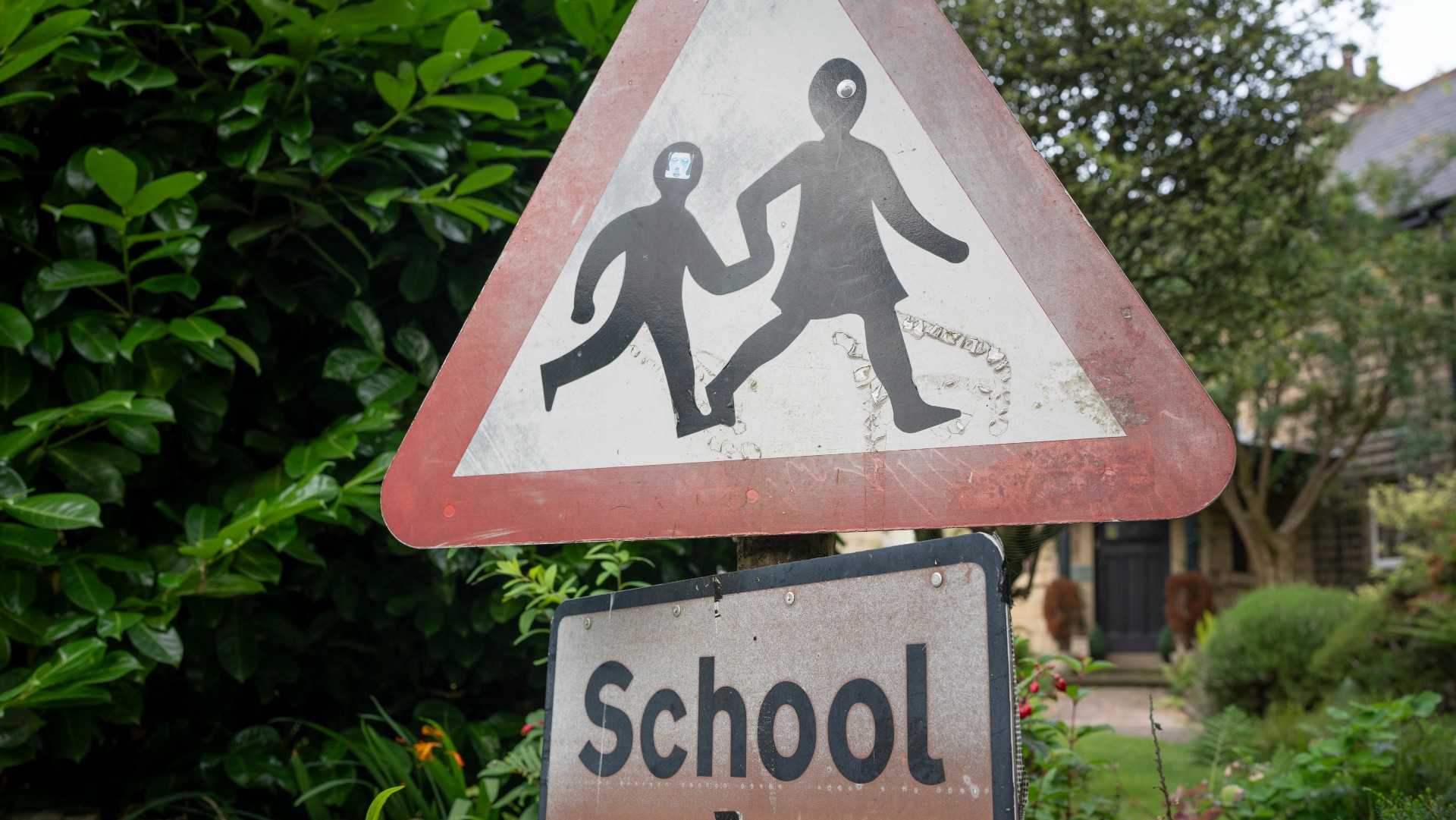Can England fix its crumbling schools?
Government hurriedly orders school closures, relocations and urgent repairs due to fears over unsafe concrete

A free daily email with the biggest news stories of the day – and the best features from TheWeek.com
You are now subscribed
Your newsletter sign-up was successful
More than 150 schools in England are scrambling to shore up or seal off buildings made with unsafe concrete before the end of the summer holidays – or else start the term with online lessons.
Yesterday 104 schools were added to the list of 52 that had already been warned about the presence of reinforced autoclaved aerated concrete (RAAC) on their sites. Unions said this could be “the tip of the iceberg”, said The Daily Telegraph, since hundreds more schools had been built with the “crumbly” material. Used from the 1950s until the mid-1990s, it has a lifespan of between 30 and 40 years.
A report by the National Audit Office watchdog in June said that the Department for Education (DfE) thought that injury or death from a school building collapse was “a critical and very likely” risk.
The Week
Escape your echo chamber. Get the facts behind the news, plus analysis from multiple perspectives.

Sign up for The Week's Free Newsletters
From our morning news briefing to a weekly Good News Newsletter, get the best of The Week delivered directly to your inbox.
From our morning news briefing to a weekly Good News Newsletter, get the best of The Week delivered directly to your inbox.
The DfE is so far “refusing” to publish a list of schools that are affected, said The Times. With the new school year already under way in some areas and due to start on Monday elsewhere, ministers are under pressure to explain why they left it so late to inform head teachers.
Education Secretary Gillian Keegan said the government was taking a “cautious approach” but denied it had been slow to act. Her Labour counterpart, Bridget Phillipson, urged ministers to “come clean with parents and set out the full scale of the challenge”.
What was the reaction?
Thousands of pupils “face a return to Covid-style online lessons”, said MailOnline, and many parents “are still in the dark” about whether their children will be affected.
While it seems to have surprised many schools, the crisis has been years in the making. The “first warnings” that RAAC was cracking in roofs “came as early as 1995”, said The Times, when an engineer wrote to the journal of the Institution of Structural Engineers recommending that RAAC “not be used in permanent structures”. He described it as a “booby trap”.
A free daily email with the biggest news stories of the day – and the best features from TheWeek.com
Since a Kent primary school roof collapsed in 2018, the government has advised schools to have contingencies related to RAAC. But schools minister Nick Gibb told Sky News that “new evidence” emerged over the summer. Not all affected schools had been contacted, he said, and it was not clear how many would have to be shut completely.
Simon Allford, president of the Royal Institute of British Architects, told The Daily Telegraph: “We have repeatedly raised concerns about the dangerous state of some school buildings” – and that the government “failed to fund desperately needed repairs”. A £55 billion schools rebuilding programme was abandoned by the coalition government in 2010.
Paul Whiteman, general secretary of the National Association of Head Teachers, said schools were dealing with “the very real consequences of a decade of swingeing cuts to spending on school buildings”. Ministers have “squandered valuable months hiding this crisis”, said Mike Short of the Unison union.
What next?
Guidance “hurriedly published” by the DfE a few days ago paints a picture of the “potential chaos”, said The Guardian. Some schools will have to prop up ceilings, others will close and relocate to “space in a community centre or empty local office building”, the advice said. Portable buildings in playgrounds will house some lessons, but a number of pupils “have already been told they will be learning remotely”, said the BBC.
Up to 20 schools “may have to close altogether”, said Construction Enquirer, as most of their buildings are made with the “dodgy life-expired lightweight concrete material”.
The government said it would fund the removal of the affected concrete, but has not yet given a timeline. Schools will have to fund any additional costs, like renting temporary accommodation, from existing budgets. “There is no extra money available for any of this,” said The Guardian.
Harriet Marsden is a senior staff writer and podcast panellist for The Week, covering world news and writing the weekly Global Digest newsletter. Before joining the site in 2023, she was a freelance journalist for seven years, working for The Guardian, The Times and The Independent among others, and regularly appearing on radio shows. In 2021, she was awarded the “journalist-at-large” fellowship by the Local Trust charity, and spent a year travelling independently to some of England’s most deprived areas to write about community activism. She has a master’s in international journalism from City University, and has also worked in Bolivia, Colombia and Spain.